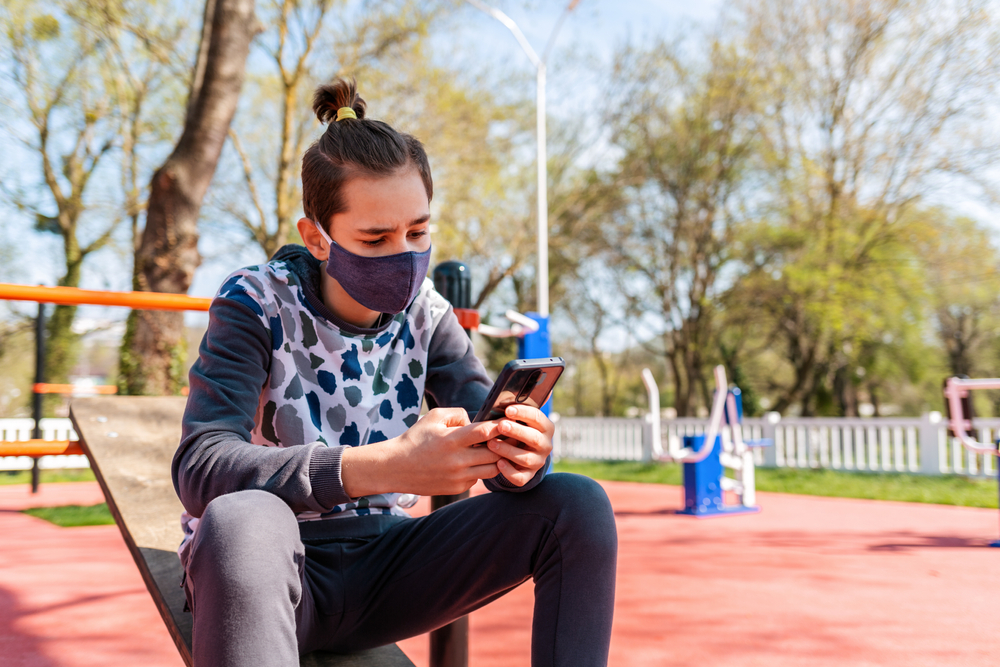![]() Across the world, we are all racing to save the most vulnerable in our societies from the devastation of the COVID-19 pandemic. In the United States, however, we are leaving some of our children trapped with nowhere to turn, nowhere to run.
Across the world, we are all racing to save the most vulnerable in our societies from the devastation of the COVID-19 pandemic. In the United States, however, we are leaving some of our children trapped with nowhere to turn, nowhere to run.
We are alarmed by the lack of urgency our leaders are showing in addressing the plight of juveniles currently in detention facilities who could safely be sent home. As health care professionals on the front lines of this pandemic, we are calling for juvenile justice systems nationwide to not walk but run to release every juvenile detainee possible. Save them, and the staff caring for them, from unnecessary risk of exposure to this deadly disease.

Dr. Kimberly Cullen
Detained and incarcerated populations are at high risk of contracting a virus like COVID-19. This is a fact. Children, teens and other people with pre-existing mental health conditions are among those who may respond more strongly to the stress and fears associated with the outbreak of this disease. This is also a fact. For many youth, the anxiety and emotional distress of being removed from their homes and incarcerated is exacerbated by this unprecedented public health emergency.
Allowing youth to “shelter in place” with their families could potentially reduce the negative emotional impact that this global crisis has on their current well-being and long-term adjustment. Further detention and incarceration of any minors who can remain safely at home with families or caretakers is inconsistent with the rehabilitative goals of the juvenile justice system, and contrary to public health recommendations.

Dr. Edjah Ndudom
Even a single COVID-19 case in youth detention and correctional facilities would be devastating. Quarantine in many cases means putting detainees who are sick in “isolation.” At large scales, this is neither feasible in facilities that are already crowded, nor humane. Isolation may be misused and place young people at higher risk of neglect and death.
Further, the highly contagious nature of COVID-19 would place at risk both the detainees and the public servants working to keep them safe. Many of these facilities are understaffed or have little reserve at baseline. Personnel shortages that result from quarantining staff will further undermine their ability to properly supervise or respond to symptoms in youth, particularly those with pre-existing conditions. These factors underscore the need to protect detainees and staff alike by decreasing the number of incarcerated children.
We issued an urgent statement, joining a chorus of 30 state advocacy groups and former youth correctional leaders, calling on governors, juvenile court systems, and state and local juvenile detention and correctional departments to address the ongoing global health pandemic by swiftly implementing the following:
- Immediately release youth in detention and correctional facilities who can safely return to the home of their families or caretakers, with community-based support and supervision to alleviate potential exposure to COVID-19. Prioritize expediting release of children with chronic or compromised medical conditions.
- Halt new admissions to detention and incarceration facilities to mitigate the harm from the COVID-19 pandemic.
- Establish and share a COVID-19 safety plan for all youth who remain in facilities to ensure they have proper access to cleaning and sanitation supplies, as well as resources, support and contact with loved ones.
To be sure, we recognize that the vast majority of children in secure custody come from families that are high need or living in poverty. We must also ensure that these families have the resources they need to support children who are returning home. This includes basic needs like stable housing, food and access to medicine. In addition, they will also need support in order to continue any therapeutic and rehabilitative efforts that children were receiving in custody — including access to technology and e-learning.
As governors consider relief packages, these children must be added in evaluations of household size and resources need to follow them home and into their communities. Time is running out.
When we start to identify cases in these facilities, the disease will likely already be running rampant. We are at a point where complacency on this issue, and failing to adhere to sound science and public health recommendations, becomes complicity. This is a race, and COVID-19 has a head start. Please, hurry.
Kimberly Cullen, M.D., practices at UCHealth. Edjah Ndudom, M.D., is an assistant clinical investigator at the National Institute of Neurological Disorders and Stroke. They wrote this on behalf of the Physicians for Criminal Justice Reform board of directors.
